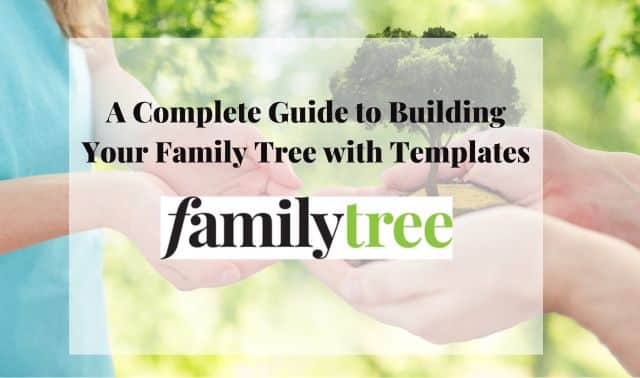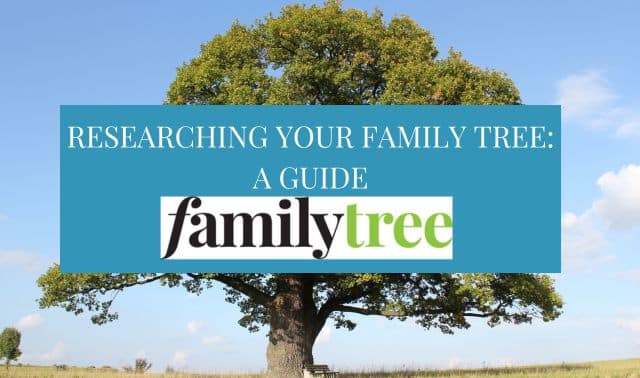Sign up for the Family Tree Newsletter! Plus, you’ll receive our 10 Essential Genealogy Research Forms PDF as a special thank you.
Get Your Free Genealogy Forms
"*" indicates required fields
A. How to read foreign-language genealogy records is probably in the top 10 topics Family Tree Magazine readers ask us about. Here are some tips:
First, see if you can puzzle out meanings using the genealogy word lists on FamilySearch. (Click a letter of the alphabet to find resources for that country, then scroll down until you find the right word list.) You’ll get some background on the language and alphabet, and the words for common genealogy terms such as birth, death and names of months. This may be enough to help you read, say, a microfilmed register of baptisms.
An online translator such as Google’s is handy for words or phrases. But online translators aren’t ideal for passages from historical records—languages change quickly, and online translation tools are designed for modern alphabets and usage (and even then, you’ll often get pretty rough translations).
If you’re dealing with a complex document or script (Fraktur, a German script, is notoriously difficult to translate), you may need to find a translator.
In this FamilyTreeMagazine.com article, researcher Nick D’Alto offers tips on hiring and working with a genealogy translator. No offense to your niece who got an A in Italian this quarter, but he advises seeking one who’s familiar with historical documents.
The Association for Professional Genealogists has a directory of professional researchers who offer translation services or have access to translators (click a name for specifics on the person’s services). Many of these folks have earned genealogical certifications and/or have references you can check.
Someone from an ethnic genealogy society (do a Google search or check Cyndi’s List to find one) may be able to help you or to recommend a translator, or you can ask members of an online forum focused on your ancestor’s homeland. A university ethnic studies department also might be able to put you in touch with a native speaker.
ADVERTISEMENT




